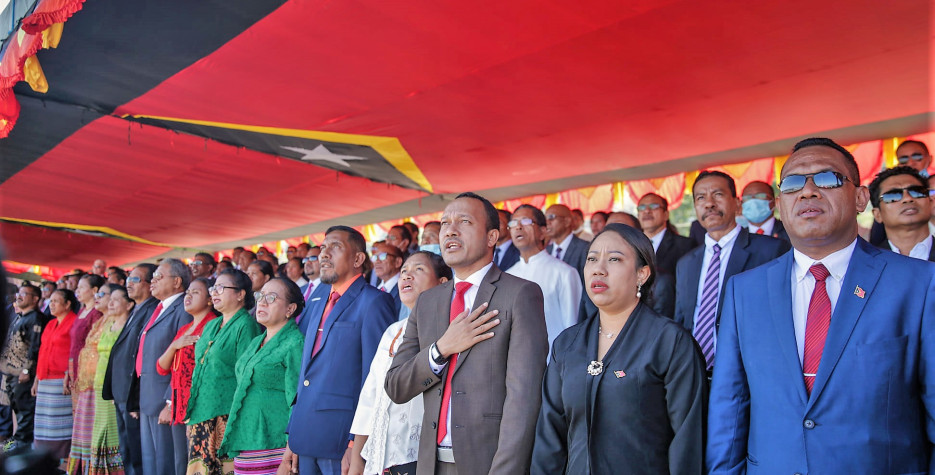When is Proclamation of Independence Day?
Proclamation of Independence Day is a public holiday in the Democratic Republic of Timor-Leste on November 28th each year.
This holiday commemorates the proclamation of independence from Portugal on this day in 1975. The event is defined by the East Timor parliament in Law No. 10/2005 Of 10 August 2005 as part of its national holidays.
History of Proclamation of Independence Day
The Portuguese were the first Europeans to arrive in the area in the early 16th century. Over the next hundred years, Christian missionaries arrived, followed by a military expedition. By 1702 the territory was a Portuguese colony known as Portuguese Timor.
Though never seen a key strategic colony by the Portuguese it nonetheless remained under their control all the way into the 1970s.
In 1974, the so-called Carnation revolution in Portugal brought the end of the dictatorship and brought a new approach to its overseas possessions.
Portugal was effectively abandoning Timor. This was a concern to the Revolutionary Front for an Independent East Timor (Fretlin) who, despite their name, preferred Portuguese rule as they feared (rightly, as it turns out) that Indonesia would try to take control of the country if Portugal left.
Therefore on November 28th 1975, the left-wing Fretlin declared the unilateral declaration of independence of the Democratic Republic of East Timor. Crucially the proclamation didn't have widespread international support with only a handful of Marxist countries recognising the territory's independence from Portugal.
The proclamation of independence proved to be very short-lived. Nine days later Indonesia invaded and East Timor became a province of Indonesia for the next 25 years.
How is Proclamation of Independence Day Celebrated?
The event is annually celebrated with a ceremony attended by the government of East Timor. There is a flag-raising ceremony and the singing of the national anthem, followed by a military parade. Students, civil servants and state agents, are required to participate in the celebrations and commemorative ceremonies of the Proclamation of Independence Day take place in public services or teaching establishments.


